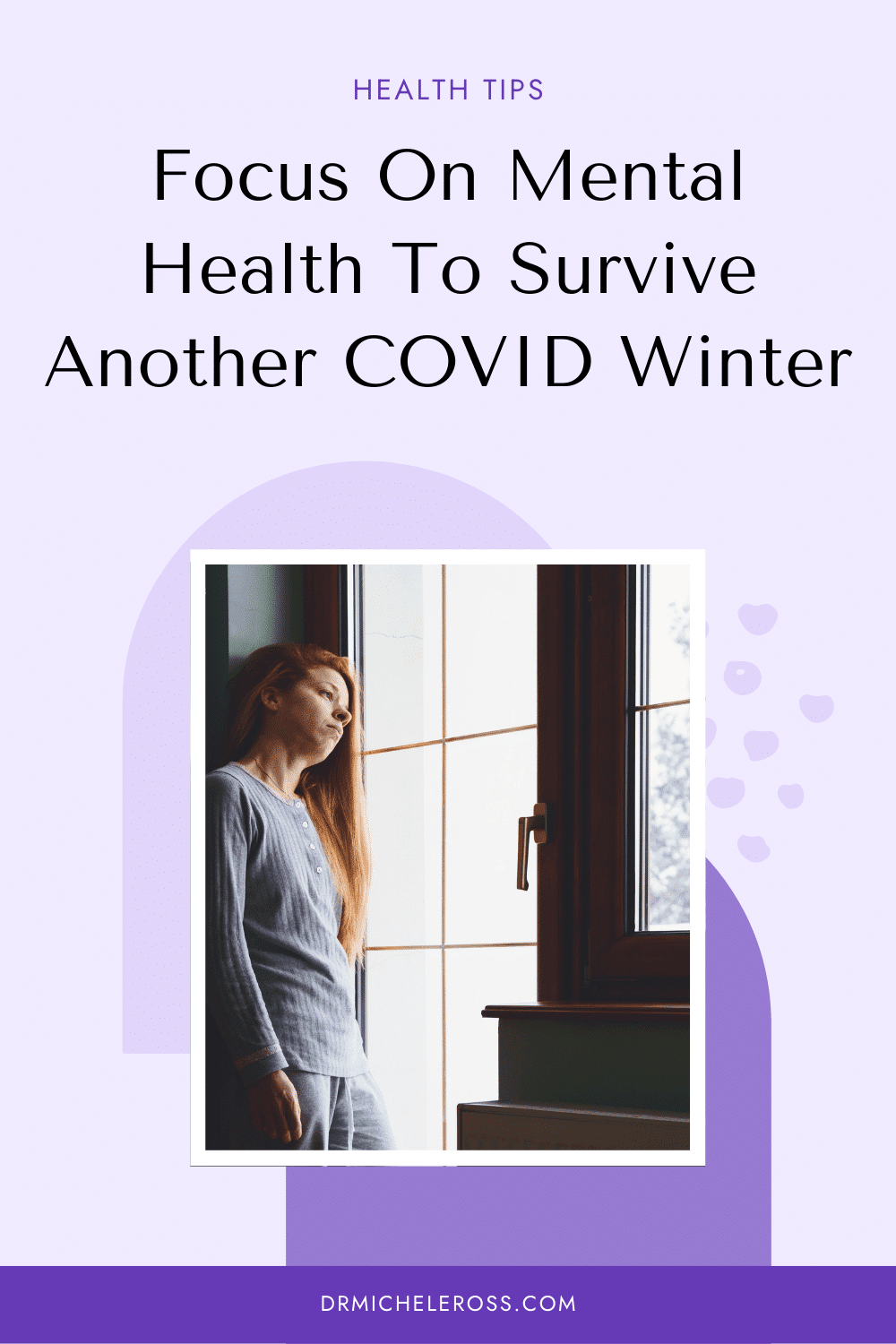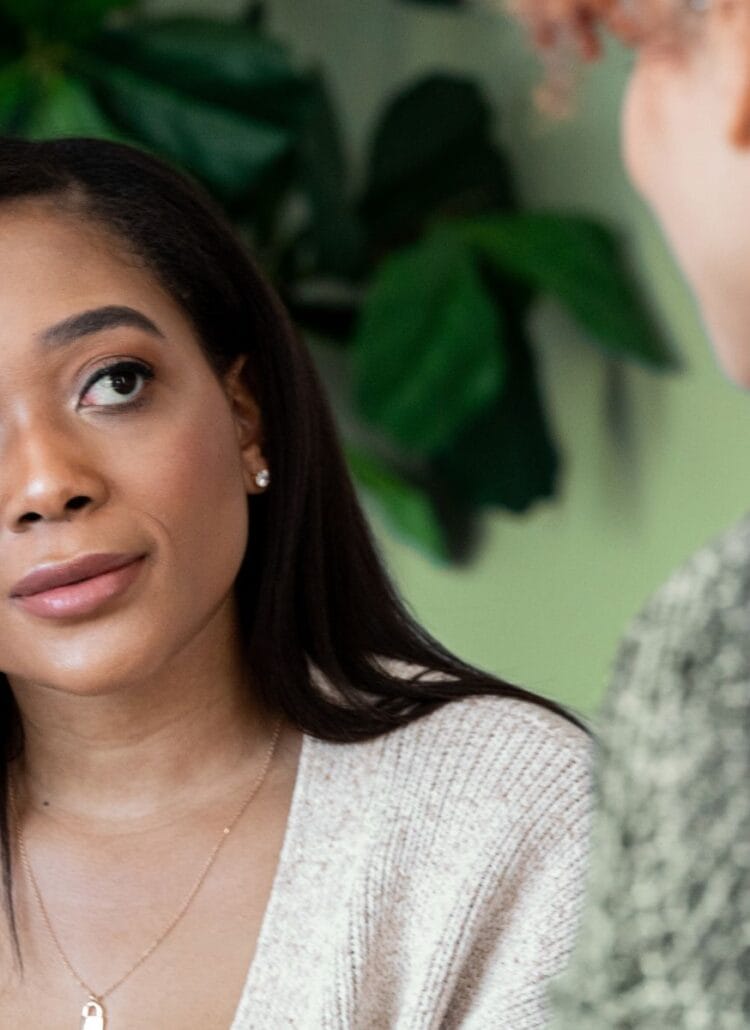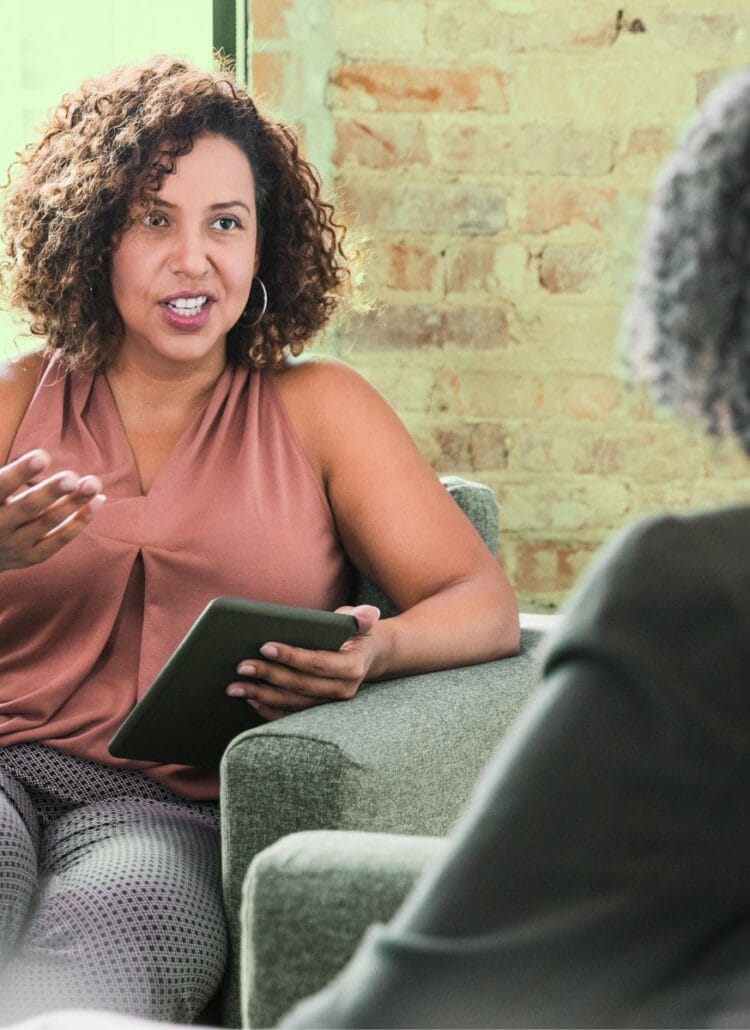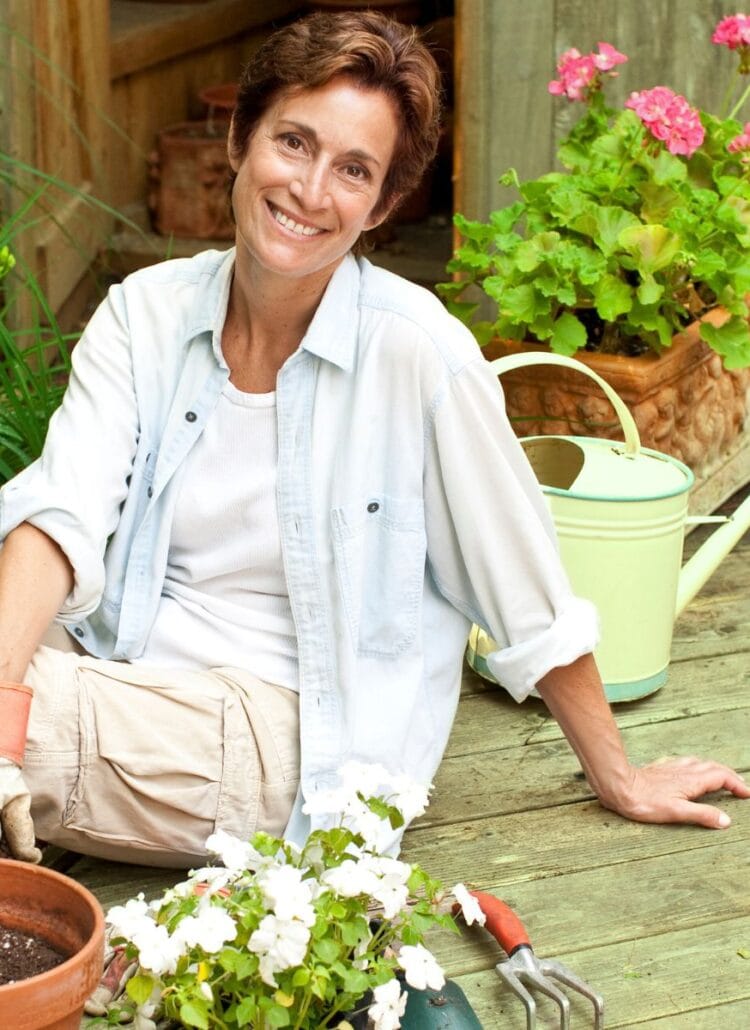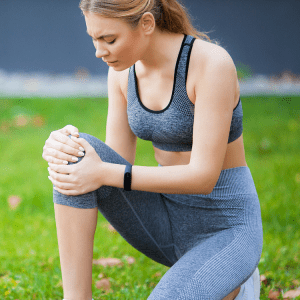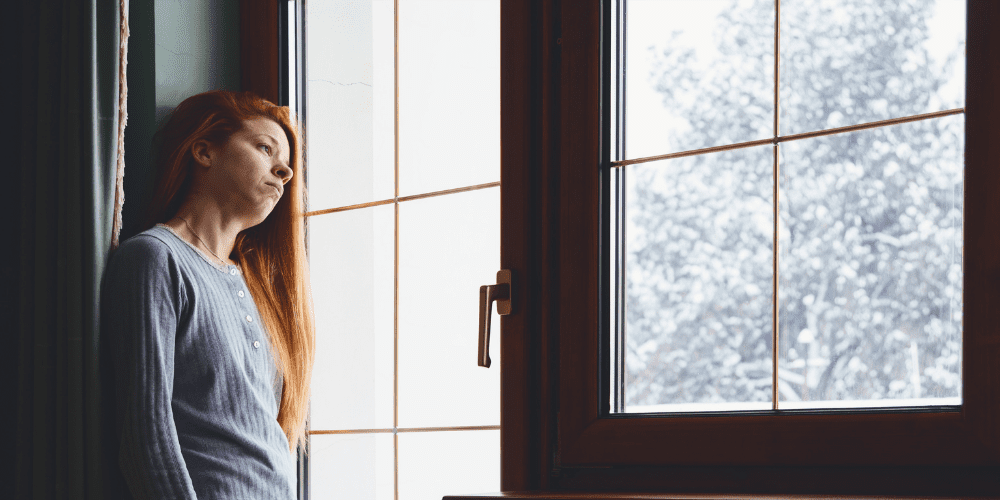
There is no denying that the Coronavirus pandemic of 2020 had an impact on our lives, even in 2021. Everything changed and people needed to adapt quickly to restrictions and guidelines. Some people coped well and some people do not cope so well. One area that was challenged throughout the pandemic was mental health.
Dozens of people suffered from not being able to go about their day-to-day routines as before. Leaving the house was restricted, shopping was regimented and visitors to other people’s homes was not allowed. Through the summer months this was not as big an issue as gardens were accessible and walking in your local area was allowed and encouraged. The arrival of winter changed this, and people were stuck in doors for longer and were seeing less daylight. Human beings are social creatures so when the ability to socialise is taken away, there will inevitably be consequences.
Stability
This is all people wanted and all that people need when things get tough. This is especially true when discussing mental health. One positive from the pandemic was that people became so much more aware of mental health and the importance of it in those around them. What must happen moving into the winter of this year, is that lessons are learnt, and mistakes are not repeated. There will be people who require more support than others but as long as there is some degree of stability created then these will be supported and cared for.
Anxiety
This was the most reported condition during the COVID pandemic. People who experienced anxiety were more likely to suffer from depression. Therefore, a reboot in our thinking is vitally important with the up-and-coming winter season. People are more aware of the help that is available now and a lot of stigmas have been removed.
It is also important to note that people who are displaying signs of anxiety will not automatically become depressed. What needs to happen in this instance is that support is either given or sought out by the person who is beginning to feel anxious. CBD oil is a great way to ease stress and support your endocannabinoid system during stressful times.
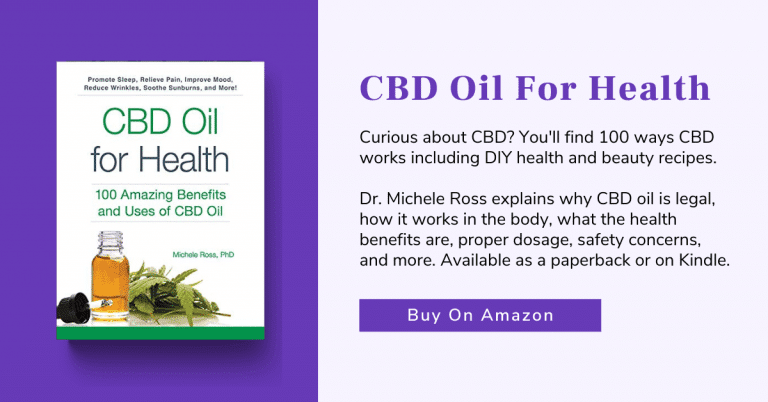
It’s important to avoid unhealthy coping mechanisms for anxiety such as drinking alcohol. If you feel you’ve developed a problem and are finding it hard to stop or cut back then you may want to look into attending rehab with the highest success rate. You can work with the experts to get your drinking under control and find other healthy ways to reduce and manage anxiety.
What Can Be Done
People’s thinking has been reset (rebooted) and there is much more support available. It is important that people check in with one another and talk about mental health with people who may be struggling. This will be easier now that restrictions have been lifted but there are still people who are struggling from the pandemic restrictions of 2020.
Creating a morning routine helps get your day off to a positive start and gives a purpose to the day. Whether this is going to get the morning paper or popping some seeds in the garden for the birds doesn’t matter; having a routine is what matters. Exercise has been proven again and again to have huge benefits to mental health.
“Getting active stimulates endorphins. These give you a feel-good feeling in your body. Getting out in the fresh air has great health benefits too,” advises Adam Louise, a blogger at Australia2write.com.
Exercise doesn’t need to be a 5k run every day. Lots of people turned to yoga and Pilates to escape their stresses and improve the quality of their mental health. Doing this with a friend adds in a lovely social aspect too.
Connect With People
Zoom video calls were never used so much! They were, and still are, a brilliant way of staying in touch with loved ones and having face to face interactions. A simple phone call to someone could make a huge difference to someone who is feeling along. People are more aware of this now and realise the importance of this. Grandparents were able to see their grandchildren and vice versa and relatives from further afield were not left to feel isolated.
“If people are not contacting you, then make the first move,” says Jamie Pill, a health writer at Originwritings.com and Britstudent.com. ‘Too often people don’t take the initiative and convince themselves that no one wants to know them anymore.’
No one wants a repeat of the pandemic, and no one wants to see their mental health affected so badly. A reboot in our thinking and attitudes towards the issue is needed so that barriers are broken down and it is no longer a taboo topic.
Pin This Post
